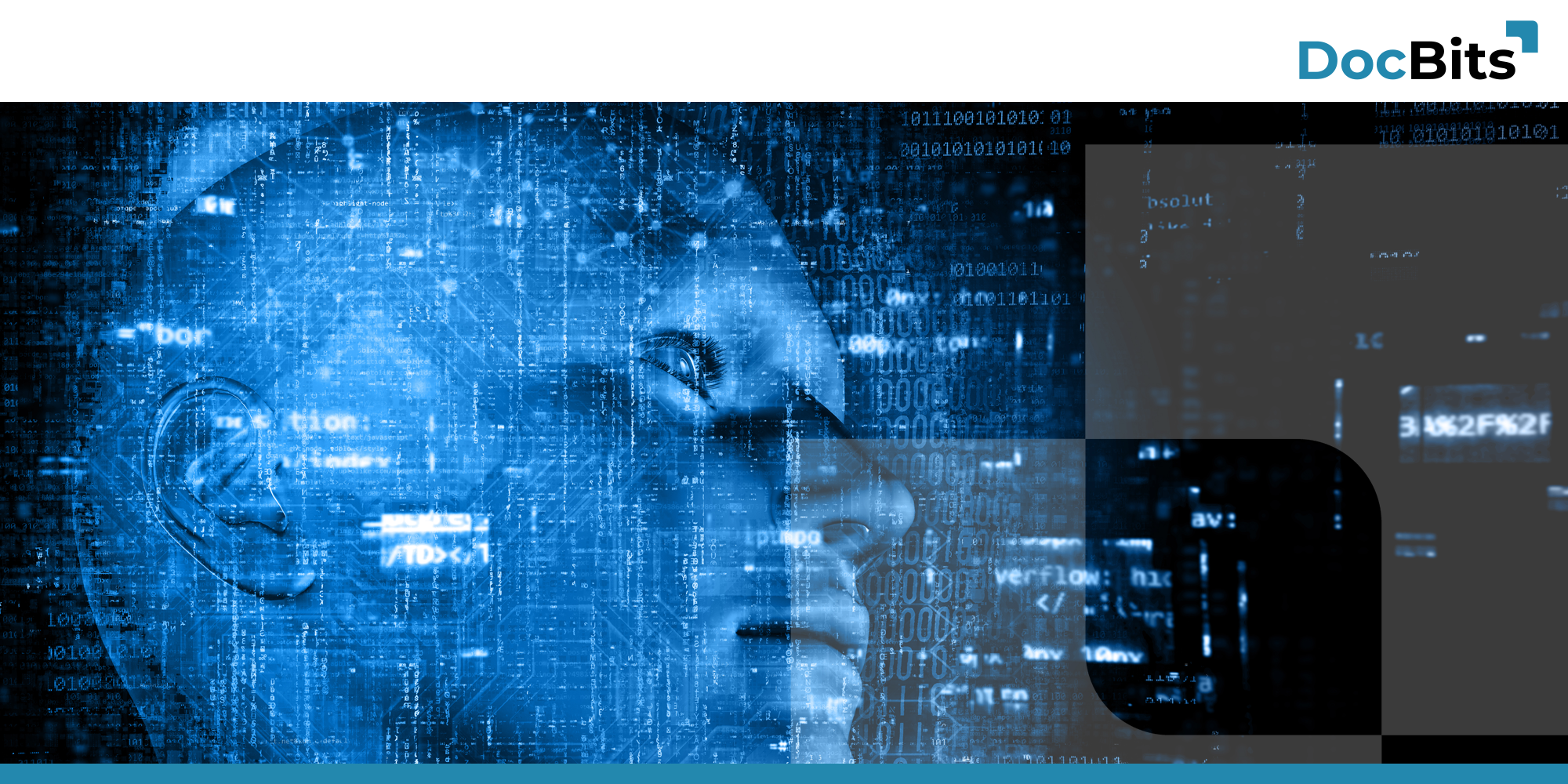The question of when a program can be considered “intelligent” is particularly relevant in today’s world, where AI and machine learning are becoming increasingly important. To be considered intelligent, systems essentially need three things:
Logical fuzziness algorithms, pattern recognition in data sets, and a rule-based “body of experience.” Let’s take a closer look.
Intelligent programs can deal with uncertainty and ambiguity. They use algorithms that are able to interpret ambiguous or incomplete information and make decisions based on it
The ability to recognize patterns in large amounts of data is another hallmark of intelligence. Machine learning allows these systems to learn to distinguish important from unimportant data and make predictions or analyses.
Intelligent systems can improve their performance over time. They build up a “wealth of experience” that enables them to make increasingly efficient and accurate decisions.
DocBits uses a variety of algorithms, each specialized for specific tasks, such as text recognition or data classification. These algorithms work together, sharing information and learning from each other, much like a swarm of bees or a school of fish.
DocBits can be used in a variety of scenarios, from automated invoice processing to contract analysis. Swarm intelligence enables the system to adapt to new document types and data structures, making it particularly flexible and powerful.

Image credit: Header- & Featured image from kjpargeter on Freepik
Share: